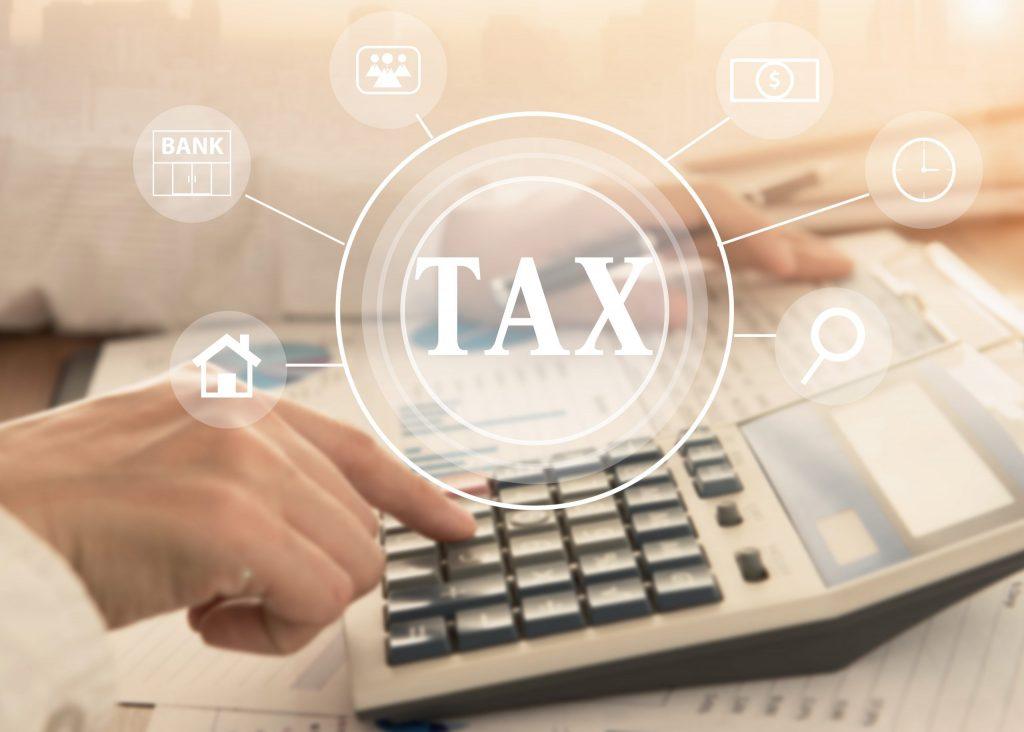The general economic climate index (ACEO / ICAP-CEO General Index) increased to 147 points in the first quarter of 2021, as recorded by the quarterly survey conducted on a sample of 2,540 CEOs / General Managers of the largest Greek companies by the Greek Association of Chief Executive Officers (ACEO) in cooperation with ICAP.
The research was carried out in the period 30/3/2021 – 13/4/2021.
In the first quarter of 2021, the general economic climate index (ACEO / ICAP-CEO General Index) continued its upward trend and reached 147 points.
The improvement in the index is due to the gradual lifting of restrictions on the operation of critical sectors of the economy such as retail and tourism and at the same time the increase in the percentage of the population vaccinated, which will reduce the spread of the pandemic caused by the coronavirus and will gradually allow a return of the economy to normalcy.
However, the optimism expressed is modest due to the inability to estimate the time remaining until the pandemic is eliminated.
The analysis of the results by size category shows an increase of the index in small and medium enterprises while for large and very large ones it remained the same. The current economic situation index (ACEO-CEO Current status Index) rose to 117 points, while the expectations index (ACEO-CEO Expectation Index) remained stagnant at 179 points.
The individual indicators
In detail, the sub-indices record the following developments for the 1st quarter of 2021:
The index of the current economic situation of the country showed a significant increase to 147 points compared to 111 in the previous quarter. The percentage of CEOs who say that the current economic situation of the country has improved compared to a year ago tripled to 15% compared to 5% in the previous quarter. At the same time, the percentage of CEOs who state that the current economic situation of the country has deteriorated decreased to 60% compared to 85% in the previous quarter. The forecast for the country’s economic situation a year later showed a slight increase to 230 points compared to 225 points in the previous quarter. The percentage of CEOs who estimate that the country’s financial situation will be better next year stood at 70%, a percentage that increases to 77% for CEOs of large and very large companies.
The index of the current financial situation of the sector in which the companies are active increased to 147 points compared to 131 in the previous quarter. The percentage of CEOs who state that the current state of their industry is better than 1 year ago increased to 23% compared to 17% in the previous quarter, a percentage that increases to 31% for CEOs of very large companies. The index of expectations for the economic situation of the operating sector showed stagnation. The percentage of CEOs who believe that in one year the active branches will be in a better financial situation than the current one was 62%, a percentage that increases to 68% for the CEOs of the service companies.
The index of the current financial situation of the companies continued its upward trend and increased to 90 points compared to 85 points in the previous quarter. The percentage of CEOs who state that the current financial situation of their companies has improved compared to a year ago was 35%, a percentage that increases to 46% for the CEOs of very large companies. The CEOs’ expectations for their company’s financial situation next year remained stagnant at 167 points. The percentage of CEOs who expect improvement next year was 69%, which increases to 76% for CEOs of industrial enterprises.
The current expenditure ratio for fixed capital investments showed a marginal decline at 108 points compared to 109 in the previous quarter. The percentage of CEOs who state that the current investment cost of the companies they run is higher than last year was 22%, which increases to 31% for the CEOs of industries and very large companies. The index of investment expectations also showed a decrease of 1 point compared to the previous quarter. However, the percentage of CEOs who state that investment spending on their businesses will be higher next year is significant and stood at 40%, a percentage that increases to 48% for CEOs of industrial companies.
The current employment index showed stagnation at 94 points. The percentage of CEOs who state that the number of employees in the companies they manage is higher compared to a year ago it was 29%, a percentage which is increased to 38% for very large companies and 41% for industrial companies. The employment expectations index decreased by one point compared to the previous quarter to 145 points. The share of CEOs who state that employment in the companies they manage will increase 1 year later rose to 39%, a percentage that increases to 46% for very large companies.
In addition to the questions asked of CEOs on a quarterly basis, they were also asked if they would evaluate whether the company operates in accordance with the rules of Corporate Governance in order for them to take a senior management position. Fifty-two percent of CEOs said it was a requirement, increasing to 62% for CEOs of very large companies, about 4 in 10 said it was important but not necessary, and one in ten said it would not influence their decision.
CEOs were also asked about the impact of the forms of work adopted by companies during the pandemic period on labor productivity. 54% of CEOs said their impact was positive, rising to 69% for CEOs of very large companies. At the same time, 22% consider it as a neutral effect, while one in four stated that the effect was negative.
When asked about the review of the long-term business strategy due to the pandemic, 51% of CEOs answered that the outbreak of the pandemic led to a high degree of revision of the long-term strategy, which is reduced to 38% for CEOs of very large companies. while four out of ten CEOs said that the pandemic led to a moderate review of the strategy and finally one in ten answered that the score was low.
Statement by the Chairman of the Board ACEO, Mr. Vassilis Rabat:
“The economic climate index continued to rise, for the third consecutive quarter. The rise in the index embodies the restrained optimism of CEOs about the course of both the economy and the companies they run as well as their reservations about the developments, due to the uncertainty about when the pandemic will end, as reflected by the stagnation of the expectations index. The research also showed how high the top executives place Corporate Governance in the evaluation of a company when taking a new position. It is typical that five out of ten CEOs state that in order to assume a senior management position in a company, it is a necessary condition that it operates in accordance with the rules of Corporate Governance. The percentage even increases to 62% for the CEOs of very large companies! This is an extremely important issue for which, as ACEO, we have taken action by also contributing, with our participation in the Hellenic Corporate Governance Council (GCC), to the preparation of the Greek Corporate Governance Code. At the same time, at least half of the CEOs claim that the forms of work adopted during the pandemic have a positive effect on productivity, adding that the pandemic has led to a high degree of revision of business strategy.

